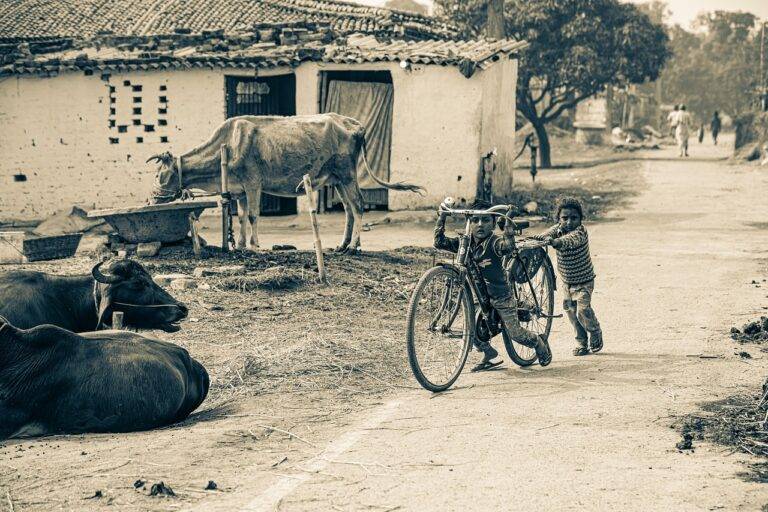The Role of Political Action Committees in Elections
Political Action Committees, commonly known as PACs, are organizations that raise and spend money to support or oppose political candidates, legislation, or ballot initiatives. These committees can be affiliated with corporations, labor unions, interest groups, or individuals and play a significant role in shaping political campaigns and influencing public policy. PACs often pool contributions from their members or supporters to amplify the impact of their financial resources in the political arena.
One distinctive feature of PACs is their ability to engage in independent expenditures, meaning they can spend unlimited amounts of money on advertisements, mailings, or other activities to advocate for or against a candidate or issue. This practice has led to concerns about the influence of money in politics and the potential for wealthy donors or special interest groups to wield disproportionate power in shaping the political landscape. Despite these criticisms, PACs remain a prominent fixture in the American political system, playing a crucial role in funding and strategizing electoral campaigns.
The History of Political Action Committees
Political Action Committees (PACs) have a longstanding history in the United States political system. The origins of PACs can be traced back to the Federal Election Campaign Act of 1971, which first allowed corporations, labor unions, and trade associations to form and administer PACs. This landmark legislation aimed to regulate campaign finance and increase transparency in political contributions.
Following the Supreme Court’s 1976 Buckley v. Valeo decision, which upheld the constitutionality of PACs, their role in shaping political campaigns expanded rapidly. PACs became instrumental in fundraising efforts for candidates and influencing elections at local, state, and national levels. Over the years, PACs have evolved to become powerful entities in the political landscape, often associated with specific industries or interest groups.
The Types of Political Action Committees
Political action committees (PACs) come in various forms and serve distinct purposes within the realm of political fundraising. One common type is the Super PAC, which can raise unlimited funds from individuals, corporations, and unions to support or oppose candidates through independent expenditures. Super PACs are not allowed to coordinate directly with candidates or political parties, but they play a significant role in shaping public opinion through their massive advertising campaigns.
Another type of PAC is the Leadership PAC, which is typically created by politicians as a way to raise money and support other candidates. Leadership PACs enable politicians to build relationships, gain influence, and potentially run for higher office by contributing funds to like-minded candidates. While there are regulations in place to prevent candidates from using Leadership PAC funds for personal expenses, these committees have been criticized for contributing to the influence of money in politics.





